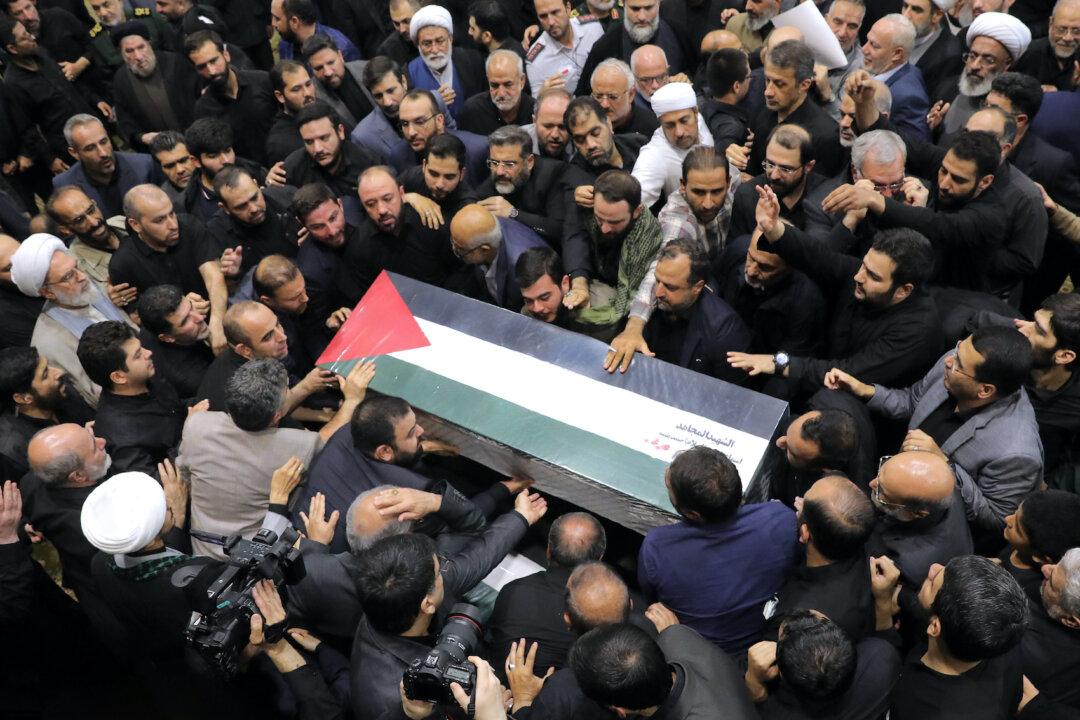Defense Minister Israel Katz said on Dec. 23 that Israel was behind the July 31 assassination of Hamas leader Ismail Haniyeh.
It was the first time Israel formally admitted the intelligence coup, which it was widely assumed to have masterminded.

Defense Minister Israel Katz said on Dec. 23 that Israel was behind the July 31 assassination of Hamas leader Ismail Haniyeh.
It was the first time Israel formally admitted the intelligence coup, which it was widely assumed to have masterminded.